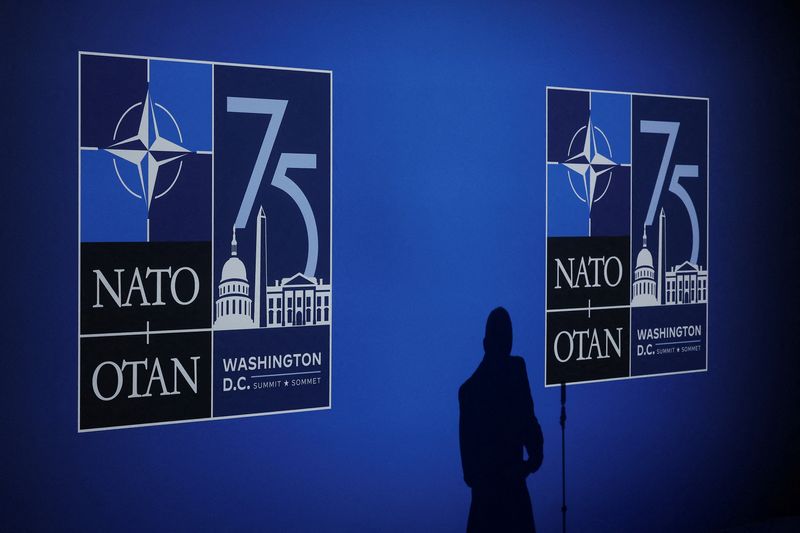BRUSSELS (Reuters) - Britain will join a programme of European nations to develop long-range missiles, Defence Secretary John Healey said on Thursday, aiming to plug a gap in military inventories that was exposed by Russia's war on Ukraine.
"We are making a UK commitment to the long-range missile programme, a formal commitment alongside Germany, France, Poland and a couple of others," Healey said on the sidelines of a meeting with his NATO counterparts in Brussels.
He did not specify the range of the planned weapon or other details, saying these were not settled.
"This is long-range compared to the capabilities that many of us already have and are able to use," he told reporters, adding the development was also part of a NATO effort to strengthen its own deterrence and the protection of Europe.
At the NATO summit in Washington in July, France, Germany, Italy and Poland signed a letter of intent to develop missiles with a range beyond 500 km (310 miles).
At the time, military sources said the aim was for a new ground-based cruise missile with a range of 1,000 to 2,000 km to meet NATO demands for such a capability.
The United States and Germany also announced in Washington they would begin deploying U.S. long-range missiles temporarily on German soil in 2026, including the SM-6, Tomahawks and developmental hypersonic weapons.
The deployment, condemned by Moscow as a "very serious threat" to Russian national security, is seen as a stop-gap solution until Europe has its own long-range missiles ready.

Missiles with a range of several hundred kilometers have had a revival since Russia's invasion of Ukraine in 2022, with Moscow launching cross-border strikes and Kyiv hitting back at targets in Russian territory.
Europe's existing stocks of cruise missiles include weapons launched by fighter jets, such as Britain's Storm Shadow, France's Scalp and Germany's Taurus with a range of some 500 km.